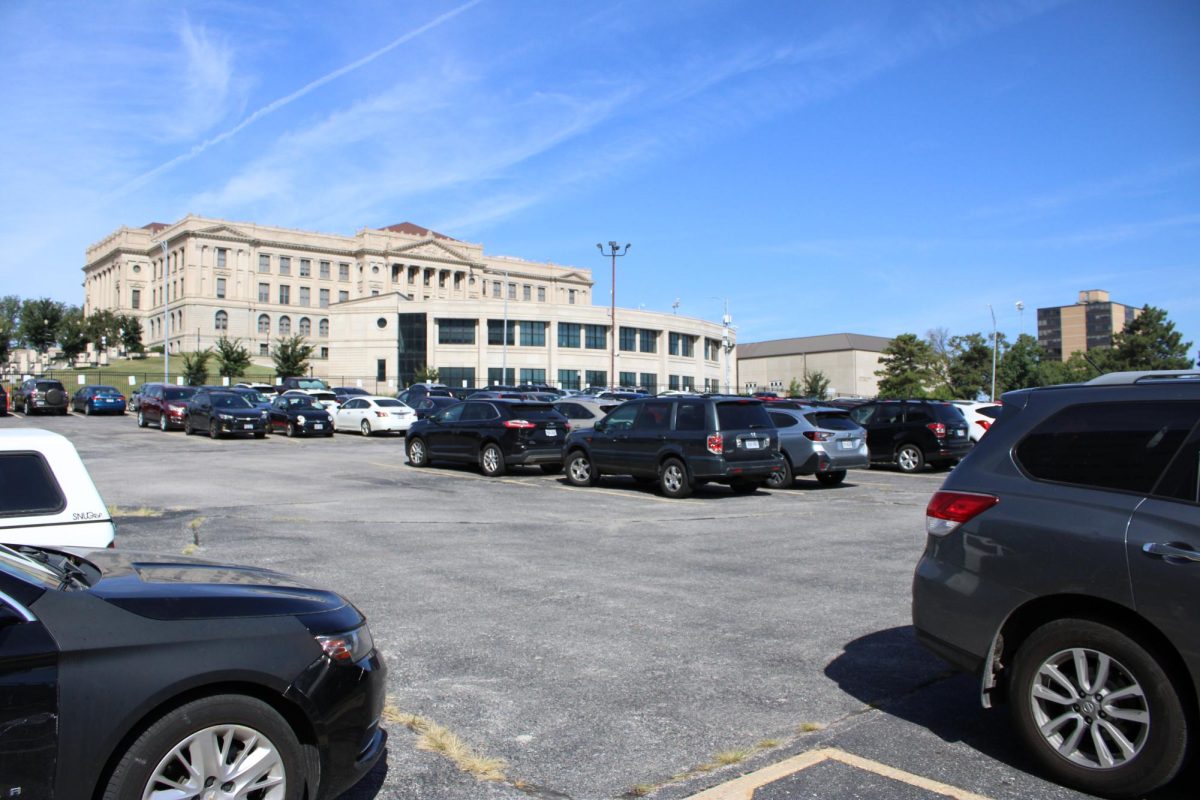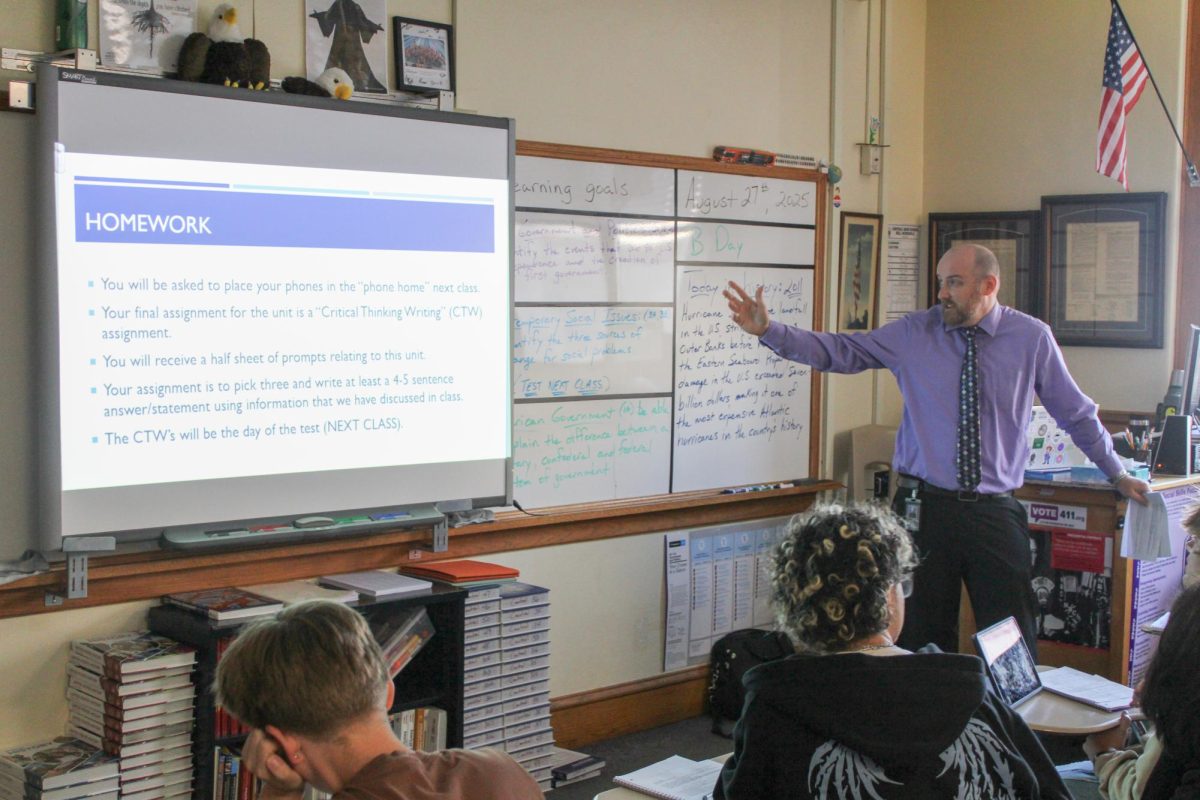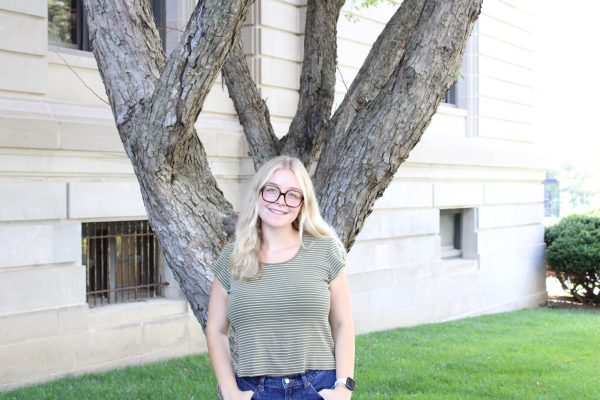Six University of Nebraska athletes have recently appeared in a political ad. It was shocking at first, but there is nothing wrong with athletes representing their beliefs in political ads.
The Nebraska athletes were voicing support for Initiative 434, the initiative that would codify Nebraska’s current abortion ban that disallows the procedure after the first trimester, with exceptions.
Of the six female athletes, five were softball players — Jordy Bahl, Abbie Squier, Malia Thoms, Lauren Camenzind and Hannah Camenzind, and one was a volleyball player, Rebekah Allick.
The first thought that came to my mind when I saw this ad was: “Is this even allowed?!” This was the first time I had ever seen a college athlete in a political ad, but also the first time I had seen them possibly accepting campaign money for these ads.
But this is not the first time this has happened.
Athletes have only been able to accept NIL, which stands for name, image likeness, deals to profit off their athletic ability since 2021.
This is all uncharted territory for many and it is still odd to see college athletes in big-brand ads. Add the political tension of the country on top of that, and it is a complete gray area.
In the past two years, individual states have begun passing laws that set regulations and rules for the athletes making these deals. In Nebraska, the law that set our regulations into place was LB962: “Nebraska Fair Pay to Play Act.”
One notable amendment to the law was, “May be prohibited from entering into contracts inconsistent with the educational mission of the school.”
This wording alone shows how we are in the “wild west” of college athletes making money. Wording like this requires a massive amount of interpretation that could cause later issues, possibly legal ones, between students and administration.
In June 2022, just months after NIL deals were allowed for college athletes, the first political deal with an athlete happened.
Dresser Winn, former quarterback for the University of Tennessee at Martin, signed an NIL deal with Colin Johnson, who was running for district attorney in Tennessee’s 27th District. Winn worked directly with Johnson’s campaign, and he wore a shirt endorsing Johnson at a football camp he hosted.
During this election cycle, two University of Montana soccer players endorsed their incumbent senator, Jon Tester, a Democrat, in his reelection bid. The women endorsed Tester on their respective social media accounts and received payment for it. The NIL deals were being offered around the campus and ranged anywhere from $400 to $2,400.
These women did not work with Tester’s campaign directly, but the deal came through Opendorse, which markets itself as “The best deal marketplace for athletes…” The platform reached out on behalf of Montana Together, a political organization.
In the day following the ad featuring Cornhusker athletes, it was unclear if these athletes were paid to be in this ad. While this would not have been first instance of an NCAA athlete accepting NIL money in a political race, it is one of the very few.
Bahl later clarified that they were not paid to be in the ad.
“Imagine people seeing a commercial done with 6 young women supporting a pro-life movement, and immediately jumping to the conclusion that we were paid to take part.” Bahl said in a posting on X. “None of us received a penny! We just aren’t afraid to take a stand and protect life!”
When the NCAA eventually directly tackles this issue, they should allow athletes to make money off their political ideas, even if these ideas do not align with the university.















